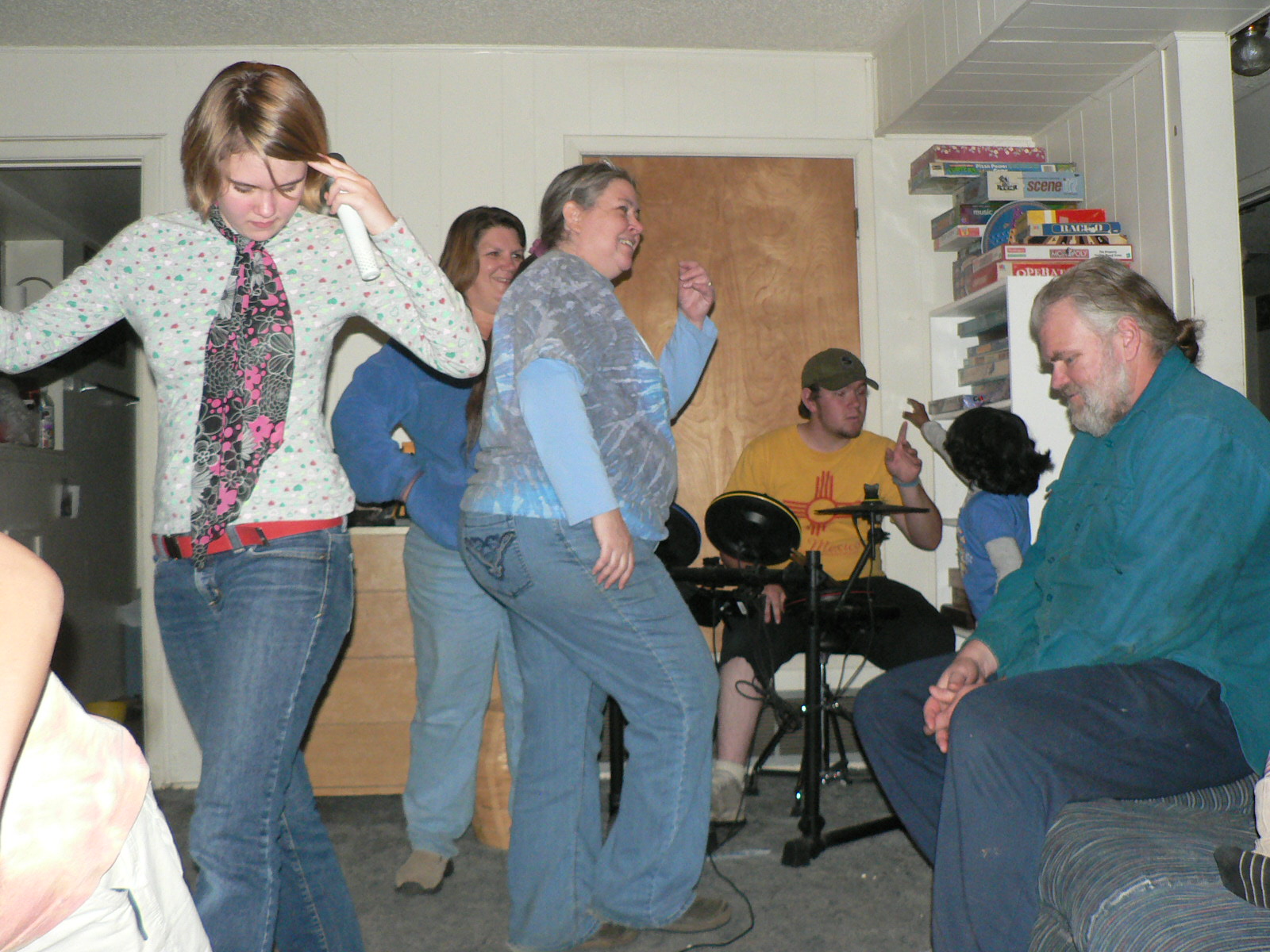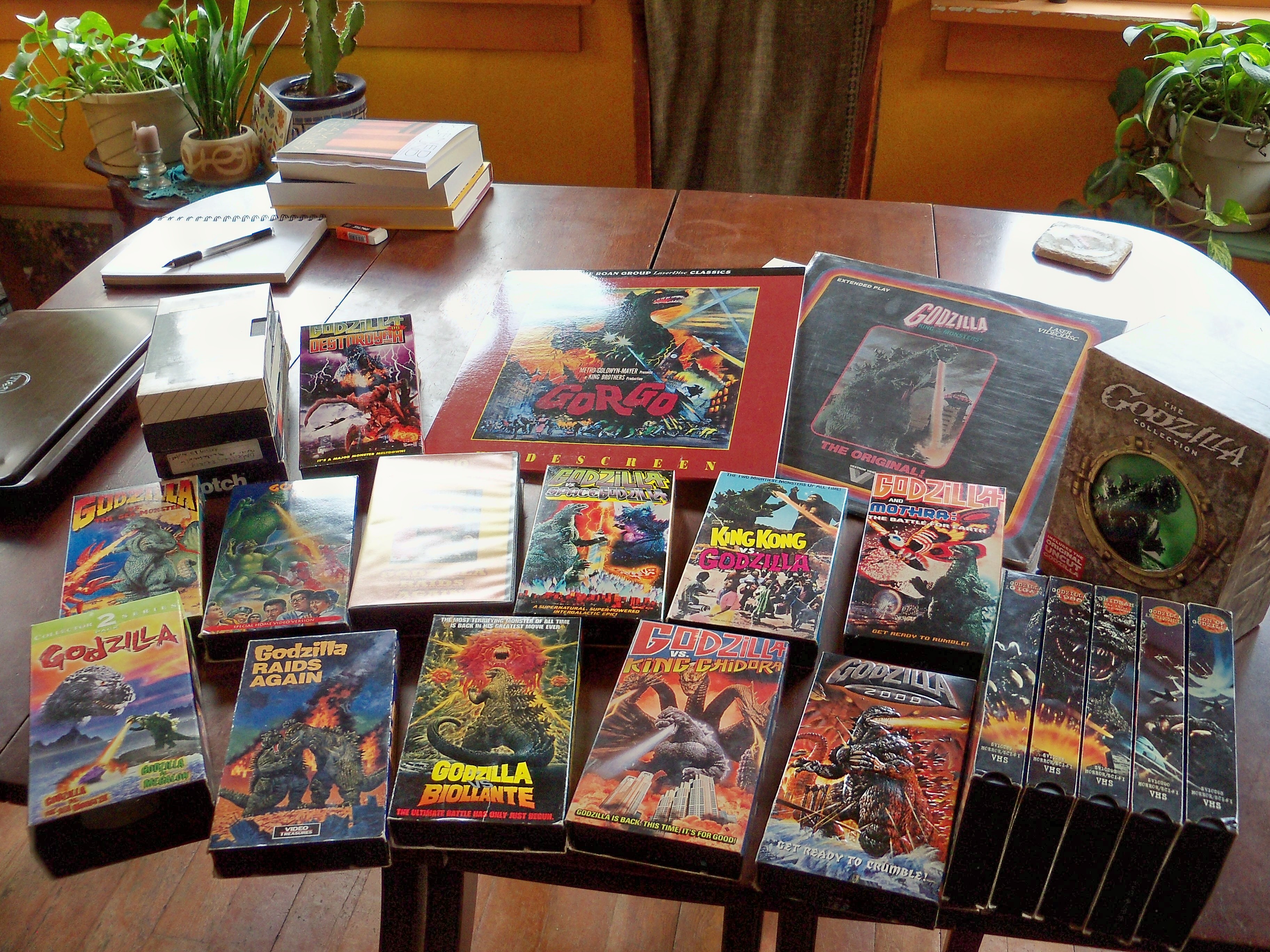Mary Ellen (nellebelle) wrote, years ago:
Up to now, we have never had any video games in our house. It wasn't that I purposely avoided them, it was just something we'd never done and the girls had never asked for. I had a vague idea in my head that they were negative along the lines of TV and other electronic media. Generally, when video games make the news it is not positive. I had never before questioned these ideas. Lisa had mentioned playing a race car game at her friend's house. We decided to give the girls a Nintendo64 for Christmas. This morning I played Crusin World with Lisa. The game is full of famous landmarks. It is not totally realistic, but does match many real aspects of the countries you race through. While cruising Germany, I mentioned the autobahn. I don't know too much about it, except that people drive really fast there. This led us to consider mph vs. kph, which led to the metric vs. US system of measurement. I told Lisa that I had bought some stuff to help learn the metric system because I wanted to understand it better. She said, "We can learn it together".
It never ceases to amaze me how doing one thing can lead to learning about something else.
—Mary Ellen(nellebelle)
SandraDodd.com/t/cheesy
image respectfully lifted from
Launchbox Games Database






















